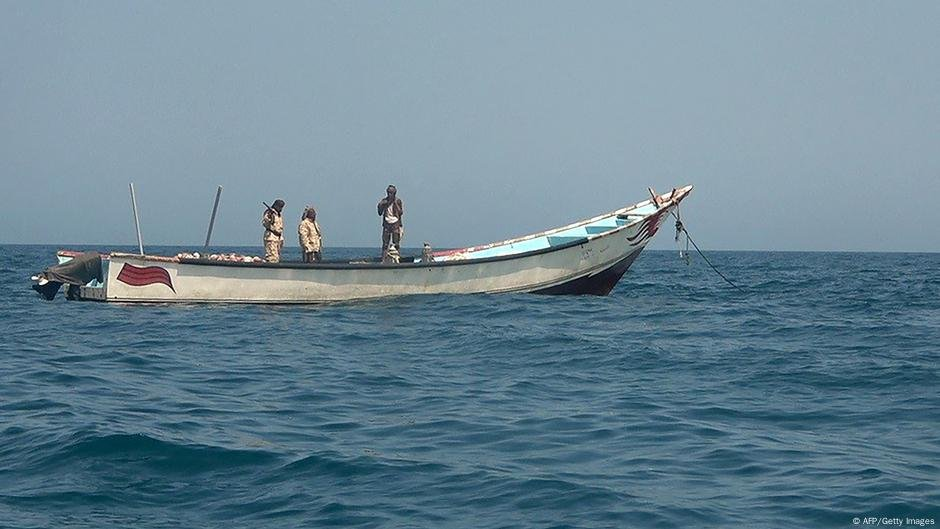
Tragedy on the Eastern Migration Route: Over 90 Dead in Yemen Boat Disaster as Thousands Risk Perilous Journey Across the Red Sea
DJIBOUTI / YEMEN – The treacherous Eastern migration route has claimed more lives in yet another devastating incident. On Sunday, a boat carrying nearly 200 African migrants sank off the Yemeni coast, killing more than 90 people, with dozens still missing. The vessel was attempting to transport migrants across the Gulf of Aden in hopes of reaching the Gulf states, such as Saudi Arabia, for work as labourers or domestic workers.
The International Organization for Migration (IOM) has long warned that the Eastern route – which spans the Red Sea and the Gulf of Aden – is among the world’s most dangerous migration corridors. In 2024 alone, at least 558 people lost their lives along this path, including 462 victims of shipwrecks. Over the past decade, the United Nations estimates more than 3,400 deaths have occurred on this route.
A Network Exploiting Desperation
The IOM’s Head of Mission in Yemen, Abdusattor Esoev, condemned the exploitation of migrants by cross-border smuggling networks:
“A network of cross-border smugglers exploits the desperation of people who need better jobs and better opportunities.”
These smugglers often lure migrants with promises of employment in the Gulf, without revealing the full extent of the journey — which includes a dangerous sea crossing and an overland trek through war-torn Yemen.
Ethiopia’s permanent mission in Geneva has issued a public warning urging citizens to “avoid irregular routes”, as Ethiopians make up the majority of travelers along this corridor.
Massive Numbers, Minimal Global Attention
The IOM estimates 60,000 people landed in Yemen in 2024 alone. Migration expert Marina de Regt of the Free University of Amsterdam notes that the scale of the movement is staggering, yet it garners little attention from the international community:
“These migrations between countries in the South are not considered important by political decision-makers, particularly in Europe. All that matters to them is that the migrants do not end up on their territory.”
Ethiopia’s recent history explains why so many risk this journey. The Tigray War (2020–2022) may have ended, but instability, political tension, and deep poverty continue to drive people from the country in search of better opportunities.
Beyond the Sea: Dangers in Yemen
For those who survive the sea crossing, Yemen presents new dangers. Caught in a civil war, the country offers little safety to migrants. Reports indicate that migrants are frequently kidnapped by gangs, while women face sexual exploitation by criminal networks.
In April 2024, East African migrants were caught in crossfire during the military escalation between the United States and Houthi rebels, leaving 68 dead in a strike on a migrant detention center in Sanaa.
Last year, Human Rights Watch accused Saudi border guards of killing hundreds of Ethiopian migrants and asylum seekers attempting to cross from Yemen into Saudi Arabia between March 2022 and June 2023. Witnesses reported guards firing indiscriminately at those attempting the crossing.
The Cycle of Risk and Return
While some migrants manage to find work in Saudi Arabia, many face arrest and deportation. But the hardships back home often push them to risk the journey again despite knowing the dangers:
“Sometimes men are deported to Ethiopia – but they start again, even though they know how risky the journey is… because they are desperate,” says de Regt.
Calls for Urgent Action
The IOM says it is working with partners to provide humanitarian assistance to migrants and to support governments in managing migration crises. However, the organization stresses the need for stronger international engagement to address the root causes of migration and protect vulnerable populations.
With the death toll from Sunday’s shipwreck expected to rise, humanitarian agencies are again calling on the world to pay attention to this deadly migration route — one that remains largely invisible in global discourse, despite its staggering human cost.
📌 Author: Mangwa
📍 Read more: mecamediaafrica.com

